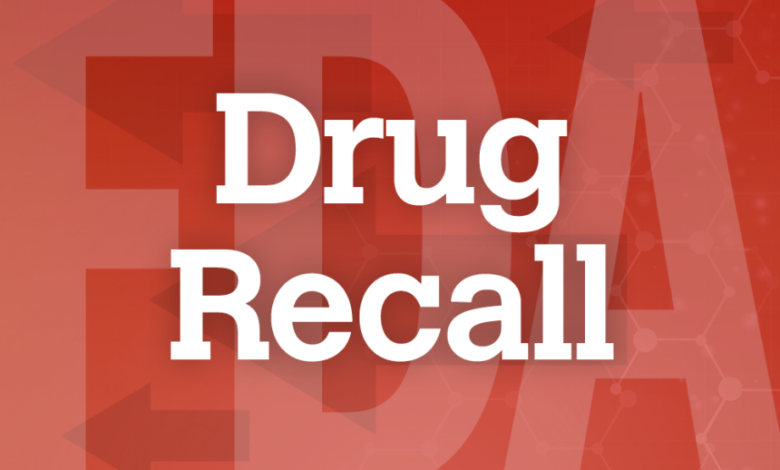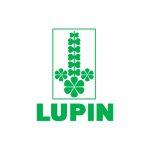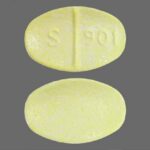Why Marlex Pharmaceuticals Recalled Its Digoxin Tablets

Marlex Pharmaceuticals, a pharmaceutical company based in New Castle, Delaware, found itself in a concerning situation when it had to issue a recall for two lots of digoxin tablets. These tablets are a crucial medication prescribed for the management of heart failure, a condition that affects numerous individuals worldwide. The reason behind this recall was the inadvertent swapping of labels between the 0.25-milligram and 0.125-milligram versions of the medication. The Food and Drug Administration (FDA) brought this issue to light on August 31, raising concerns about potential health risks associated with this mix-up.
The consequences of such a labeling error are significant and potentially life-threatening for patients relying on this medication to manage their heart condition. The critical issue at hand is the potential for patients to either unknowingly overdose or underdose on digoxin.
1. Unintended Overdose: When patients mistakenly receive the higher-dosage 0.25 milligram tablets instead of the prescribed 0.125 milligram tablets, it can lead to an unintentional overdose. An overdose of digoxin can result in various adverse effects, including dizziness, memory loss, and fainting. These symptoms are not only distressing but can also pose a serious risk to the patient’s overall well-being.
2. Unintended Underdose: Conversely, if patients receive the lower-dosage 0.125 milligram tablets when they require the 0.25 milligram strength, it can lead to an unintended underdose. In the context of heart failure, an underdose of medication can be equally problematic. It can exacerbate the symptoms of heart failure, leading to increased strain on the heart and potentially worsening the condition.
One of the concerning aspects of this situation is that patients may not immediately realize the labeling error, especially if they are accustomed to taking their medication without scrutinizing the label each time. This underscores the importance of ensuring accurate labeling and packaging in pharmaceutical manufacturing to prevent such risks.
Fortunately, as of the time of the recall announcement, Marlex Pharmaceuticals had not received any reports of adverse events related to the use of these mislabeled digoxin tablets. However, the potential health implications of this mix-up highlight the need for rigorous quality control and safety measures in pharmaceutical production to protect patient well-being.
In response to this recall, affected patients and healthcare providers must take immediate action to verify the correct dosage of digoxin being administered and ensure that patients receive the appropriate medication. Additionally, pharmaceutical companies and regulatory authorities need to continue working together to minimize the occurrence of such errors in the future, emphasizing the importance of patient safety in the drug manufacturing process.





